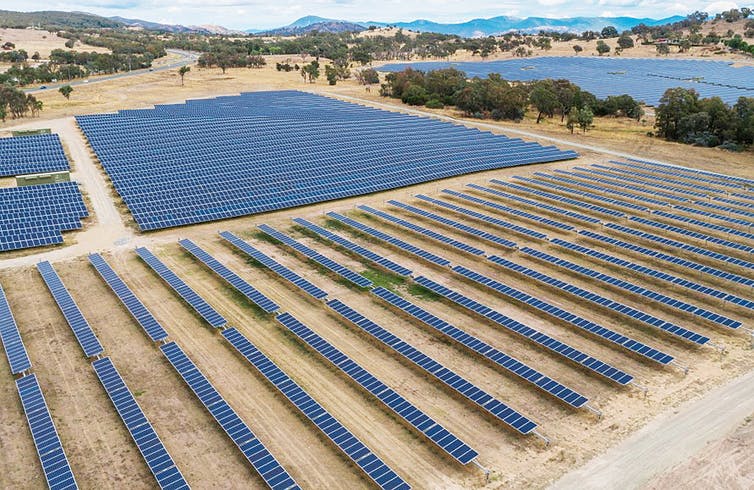The Clean Energy Council has called on New South Wales political parties to lift their game on renewables by establishing long-term policies to drive investment in the sector, and drive down power costs, in the lead-up to the March 2019 election.
Clean Energy Council chief Kane Thornton said the toxic political environment in Canberra had failed Australians, and both the public and the energy industry were looking to state governments for leadership.
This point was underscored by last weekend’s Victorian election result, which Thornton said should serve as a clear warning to all parties that voters had come to expect strong climate and clean energy policies.
“The major parties in South Australia, Victoria and Queensland are stepping up with policies to help manage the transition to cleaner sources of energy,” he said.
“Every policy we have recommended has been supported by one or both of the major parties in the Victorian election. “We call on all parties in New South Wales to clearly articulate their policies to deliver cleaner, more affordable and secure energy for the state.”
Among the CEC recommendations, presented as part of a suite of policy directives on Tuesday, is a “strong 2030 clean energy target” for NSW, which remains the only state on the NEM without such a goal for large-scale renewables.
Setting a state RET, the CEC said, “would anchor the government’s vision for the inevitable clean energy transition and build confidence for the industry to plan, design and develop the necessary new investment.”
The policy plan also recommends the introduction of reverse auctions for large-scale solar and wind energy projects, as well as for energy storage – as proven effective mechanisms for stimulating investment and job creation.
As we have reported, the current Liberal Berejiklian government has been lifting its policy game of late, with a major plan to transition the state’s grid for the huge amount of renewables in the development pipeline, and for the gradual exit of coal plant.
It has also unveiled policies to drive the uptake of solar and smart storage, and schemes to encourage the use of these resources as a virtual power plant, to bolster the state grid.
NSW Labor’s newly-minted leader, Michael Daley, has named driving down energy bills through regulation and growth of renewable energy as one of his policy priorities.
And the party’s energy spokesman, Adam Searle, has said Labor would “have quite a lot more to say about” its energy policy in the months before March 2019, and would “do more” than Coalition parties.
“Our energy system is changing faster than at any other time in Australia’s history. If we want this to happen smoothly for energy users, this requires smart, long-term policymaking,” Thornton said.
“The NSW Government has also recently acknowledged the importance of reforming the electricity network to support the continued rollout of renewable energy in the state.
“Its Transmission Infrastructure Strategy in particular will be important to open up regions of the state for new renewable energy projects,” he said.
“The large-scale renewable energy projects under construction in NSW add up to almost $4.3 billion of investment and almost 2000 direct jobs, and will also help to keep the power system secure over the summer months.
“Renewables and storage provide a massive opportunity to deliver economic benefits for NSW and lower power prices, while empowering customers to take control of their power bills.”
But Thornton also appealed to the political parties’ bottom line, noting that renewable energy policies were vote winners, too. “Voters consistently say they want more low-cost clean energy. Renewables and storage provide a massive opportunity to deliver economic benefits for NSW and lower power prices, while empowering customers to take control of their power bills.
“With the national large-scale Renewable Energy Target (RET) essentially stopping incentives for new projects in 2020, leadership by the NSW Government has never been more important,” he said.







